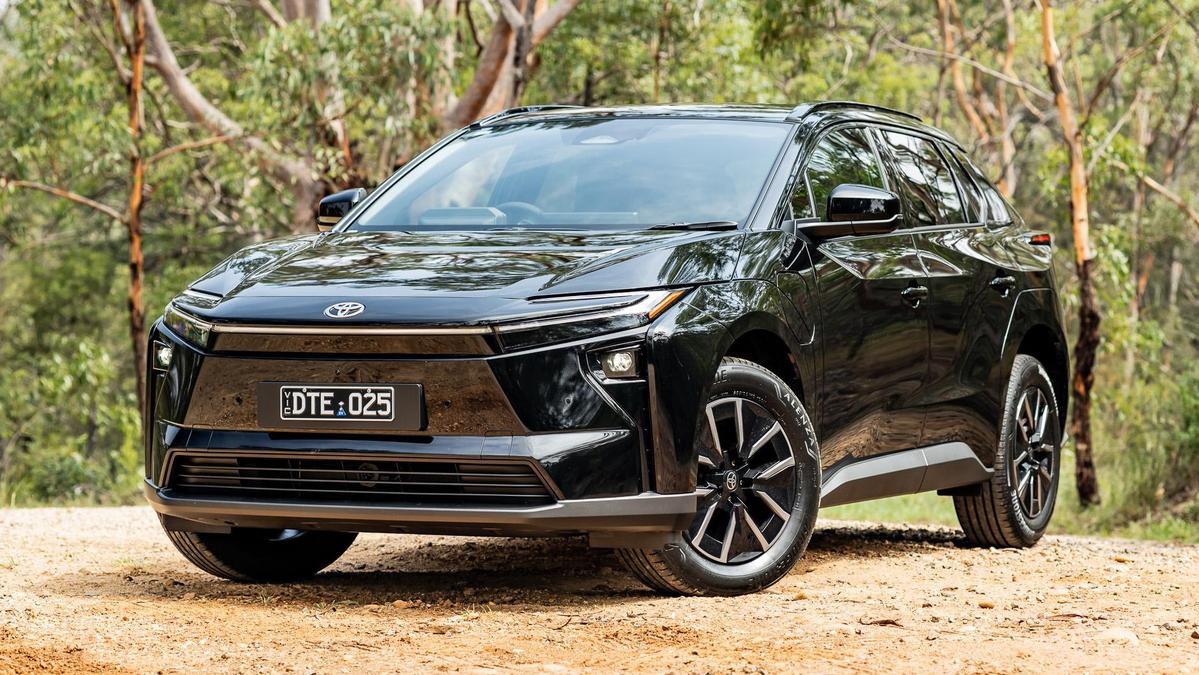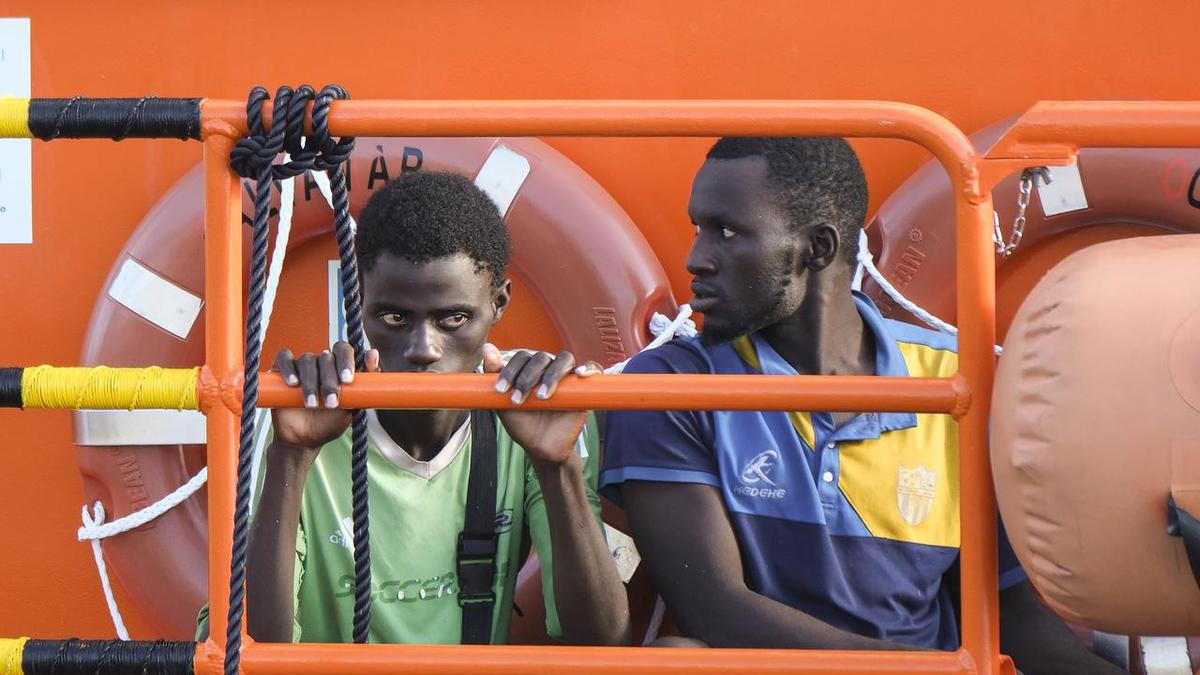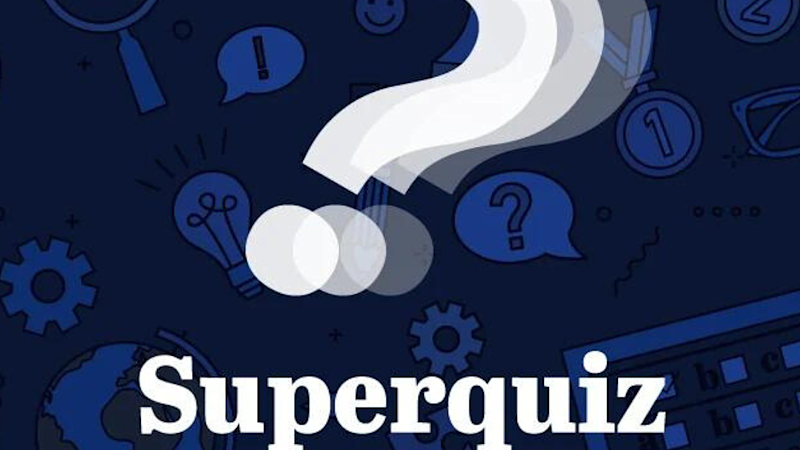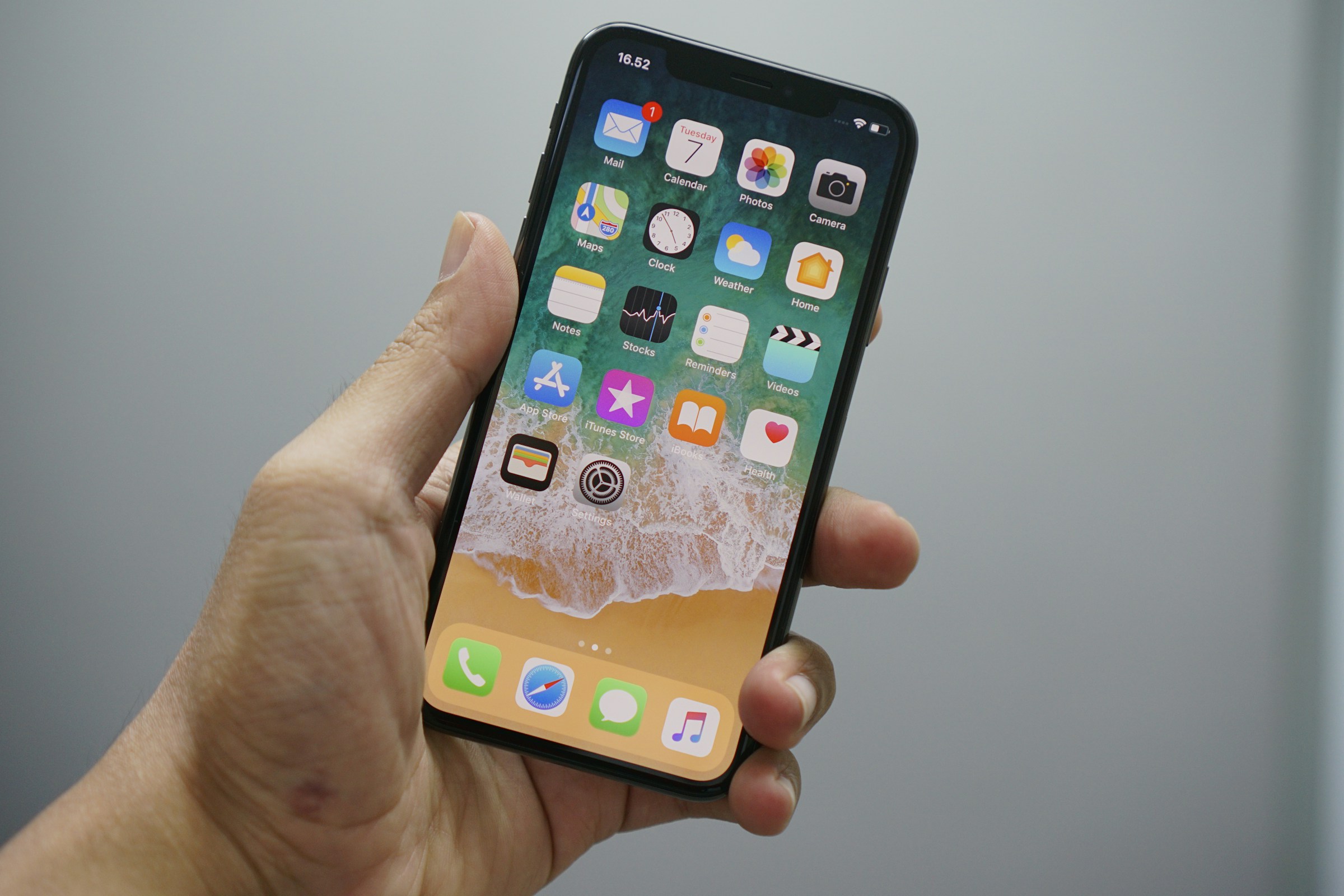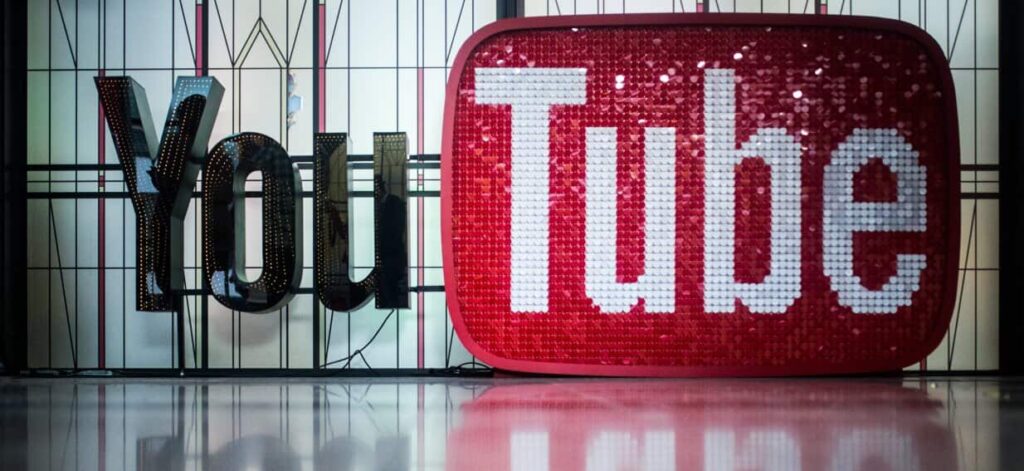
Google has issued a warning of potential legal action should its platform, YouTube, be included in Australia’s forthcoming social media ban aimed at children aged 16 and under. The tech company communicated its concerns to Communications Minister Anika Wells, asserting that the ban might violate the implied constitutional freedom of political communication, as reported by the Daily Telegraph.
In a letter to the government, Google emphasized that YouTube functions as a video sharing platform rather than a social media service. A spokesperson stated, “YouTube is a video sharing platform, not a social media service, that offers benefit and value to younger Australians.” They urged the government to maintain the integrity of the legislative process and ensure that age-appropriate experiences are preserved for young users.
Legislative Background and Implications
The social media ban, which is set to take effect in December, currently targets platforms including Facebook, Instagram, TikTok, and Snapchat. YouTube was initially exempted, a decision that raised eyebrows and was described by TikTok as a “sweetheart deal.” However, e-Safety Commissioner Julie Inman Grant has recommended a reassessment of YouTube’s status, citing research indicating that children are frequently exposed to harmful content on the platform compared to others.
“The new law will only restrict children under the age of 16 from having their own accounts—not from accessing content on YouTube or any other service through links from school or in a ‘logged-out’ state,” Inman Grant explained during a speech at the National Press Club in June. She further clarified that educators would still be able to utilize school-approved educational content on YouTube without restrictions.
Government Response and Future Actions
Prime Minister Anthony Albanese has expressed disapproval of Google’s attempts to influence the government’s decision-making. In an interview with ABC TV, he stated, “The minister will make these assessments independent of any threats made by social media companies.” He emphasized the social responsibility of these platforms, noting the adverse effects of social media on the mental health of young people, which has prompted government action.
As part of the new legislation, social media platforms that fail to take adequate measures to prevent children under 16 from creating accounts may face significant penalties, potentially reaching up to $50 million. Initial findings from an age-verification trial indicated that while technologies could block young users from accessing these platforms, loopholes still exist.
As the December deadline approaches, the debate over YouTube’s role in the ban continues, with implications for both the platform and its young Australian audiences. The outcome may shape the future landscape of online safety and social media regulations in the country.

